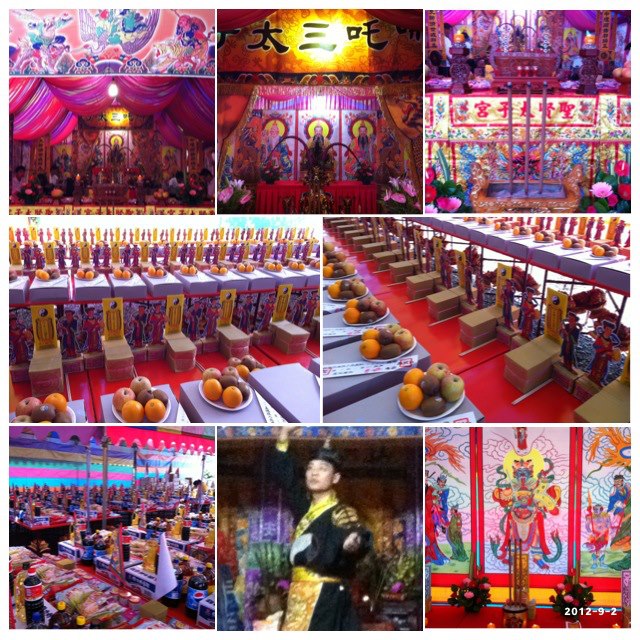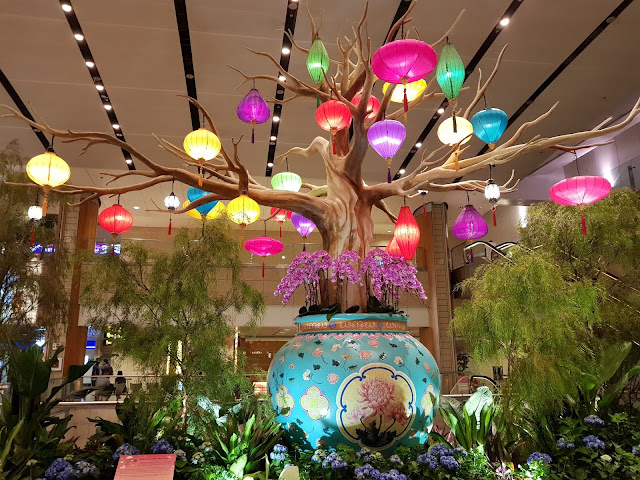These were triggered by the sub-prime mortgage crisis that started in 2007.
Much has since been said in the local media about the background, causal factors/forces, imprudence, poor corporate governance, crony capitalism, etc that led to the current financial crisis.
It took some reading before I came across the following explanation that best described the nature of Ledman Brothers' minibond:
......essentially an insurance policy taken out by Lehman Brothers via its own special-purpose vehicle named Minibond to protect its exposure to six prominent banks known as "reference entities".
The money invested by the Singapore and Hong Kong public formed the insurance payout should any of the six have failed over the period in question, and in return for the use of the public's money, Lehman paid the public an attractive annual coupon of 5 per cent which was, in effect, an insurance premium.
The above extract was from a commentary that appeared in The Business Times of October 15, 2008; and republished in My Paper titled, "Time to make sellers beware, not just buyers" on October 16, 2008.
In its conclusion, the commentary had called for the authorities here to have a fundamental rethink of the entire philosophy relating to how markets are regulated and to not only make buyers aware of the risks, but also sellers.
The correspondent had argued that if caveat emptor is to be reasonably used as a defence (or a criticism of the retail-investing public for not reading or understanding the offer documents), then the cover of the prospectus should have had a description of the exact nature of the product as an insurance policy, the fact that Minibond was Lehman, the financial standing of Lehman, Lehman's reasons for needing the insurance, and that the risk of loss was not limited to one of six banks failing, but seven.
As that was not the case, there must surely be grounds for claims that disclosure was poor, possibly even misleading and that a defence of caveat emptor is not good enough.
All seems clear from hindsight, but I just wonder if the disclosures (if available) would make any difference to those investors' decision when they were caught up in a euphoria of sort.
Others have said that even if Lehman's role as the central player behind Minibond was highlighted, investors would still have bought the product as nobody at the time could have foreseen the coming financial meltdown.
British Prime Minister Gordon Brown, writing in the Washington Post, had said that old post-war international financial institutions are out of date. We are in this together.
There are no Britain-only or Europe-only or America-only solutions to today's problems. We are all in this together, and we can only resolve this crisis together.
Over the past week, we have shown that with political will it is possible to agree on a global multibillion-dollar package to recapitalise our banks across many continents.
In the next few weeks, we need to show the same resolve and spirit of cooperation to create the rules for our new global economy.
French President Nicolas Sarkozy called for change in the global financial system before crisis talks with US counterpart George W. Bush outside Washington on October 18, 2008 amid more gloomy economic news.
The German Parliament has overwhelmingly approved a 500 billion euro (S$988 billion) bank rescue package that Chancellor Angela Merkel hopes will restore confidence in a shaken financial system. The package aimed to restore liquidity to the banking system that is essential for the proper functioning of the economy.
"This is the crisis of my lifetime. I haven't seen anything like it and I won't see anything like it again. Financial regulators have been consistently behind the curve."--- Mr George Soros, outspoken billionaire investor, criticising US and European officials for taking too long to effectively address the financial crisis.
Back in Singapore, Year 2006 was a boom-time. People were cash-rich from the feverish en-bloc property market and a shining economy, banks were rolling out an array of financial products targeted at the man-in-the-street investors, and wealth managers were popping champagne.
No one would have dreamt that two years on, one of America's largest investment banks would go bust and its bankruptcy would affect the livelihood of 10,000 people here who had invested more than S$500 million in Lehman Brothers-linked products.
The DBS High Notes 5 alone, to be held for 5-and-a-half years, were sold to more than 1,400 retail investors in Singapore for a total of S$103 million. Structured products like High Notes 5 and Lehman-issued Minibonds have been gaining popularity in the last seven or eight years and were snatched up like hot cakes by investors in Singapore.
In Hong Kong, people were snapping up structured products, which they thought to be low-risk and linked to stocks and bonds, as early as 2002.
The Hong Kong market became so saturated - at its peak, six products were rolled out each month - that banks started turning their attention to Singapore and Taiwan. Singapore, with some US$118 billion (S$175 billion) sitting in bank deposits in 2004, was ripe for the picking by structured product providers.
The reference entities trotted out were also highly rated players: century-old brand-name institutions like Lehman Brothers. In fact, Lehman's Minibonds in Hong Kong and Singapore were named Best Credit Structured Deal last year by a Hong Kong-based financial magazine, The Asset.
Ironically, its treasury editor, Mr Rodney Diola, told The Sunday Times it used a scoring system based on such criteria as the product's relevance to investors and the capital market; the degree of transparency, simplicity and elegance, innovation and timeliness that characterised the product; and past performance.
Nearly 10 Minibonds were offered in Singapore, of which the values of Series 5 and 6 have been determined to be zero.
MAS chairman Goh Chok Tong advised that we should look at the losses in perspective.
"The global financial crisis came without warning, like a tsunami. Banks have collapsed. Stock prices have plunged. Millions of people in the world, not just in Singapore, have lost money. So we must be realistic in our expectation of recovering all our losses."
"In these difficult times, I think one has to have a sense of perspective......This is not the end of the world. This is not the end of the US as an investment market....." - Dr Tony Tan, deputy chairman of the Government of Singapore Investment Corporation, at the annual meeting of the Institute of International Finance in Washington.
"Leverage is the only way a smart guy can go broke ...... You do smart things, you eventually get very rich. If you do smart things and use leverage and you do one thing wrong along the way, it could wipe you out, because anything times zero is zero."- Mr Warren Buffett, Wall Street wizard, on the problem with debt.
"Markets are wonderful things: They oscillate between greed and fear. As soon as the fear abates, you'll see greed take over." - Mr Thomas Friedman, New York Times columnist and best-selling author.
- edited excerpt of a speech by Mr Ho Kwon Ping at the Singapore Venture Capital Association Gala Dinner on Sept 30, published by Today on October 3, 2008.
Most commentaries on the source of the current crisis dwell on regulatory failures or excessive risk-taking, but they all fail to situate the analysis within a human context.
And people, as any behavioural psychologist will certify, respond strongly to incentives.
Many critics have correctly focused on the perverse pay structure of Wall Street - a highly skewed risk-reward system gone awry - as the root cause of today's problems.
Successive financial crises have proven one consistent point - regulation by itself cannot prevent excessive speculation or collusive behaviour.
Greed fuels any speculative boom and aggravates a bust, but it can only be reined in, not by regulation alone, but by a moral framework, the value system of the entire society, within which business is practised.




















































